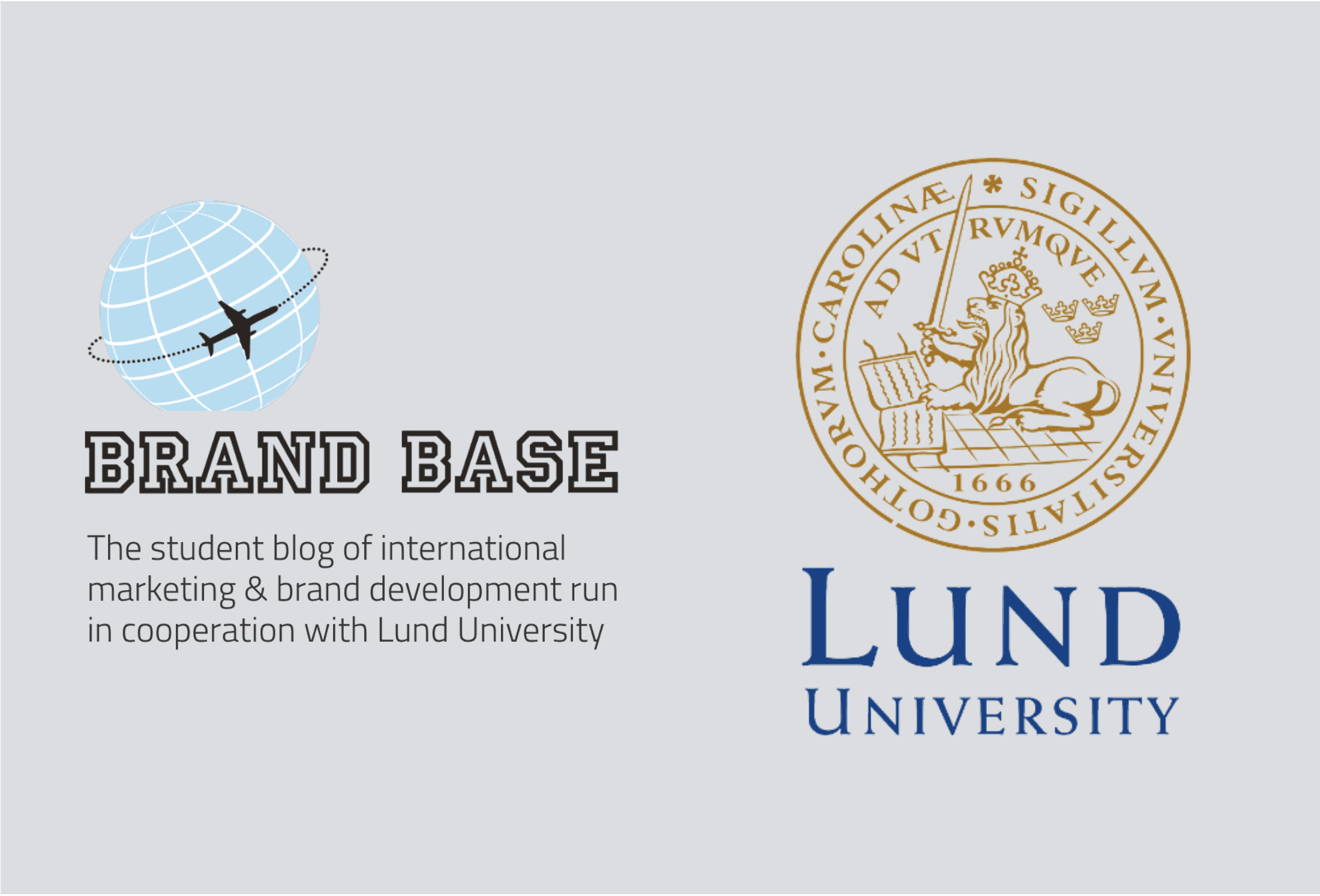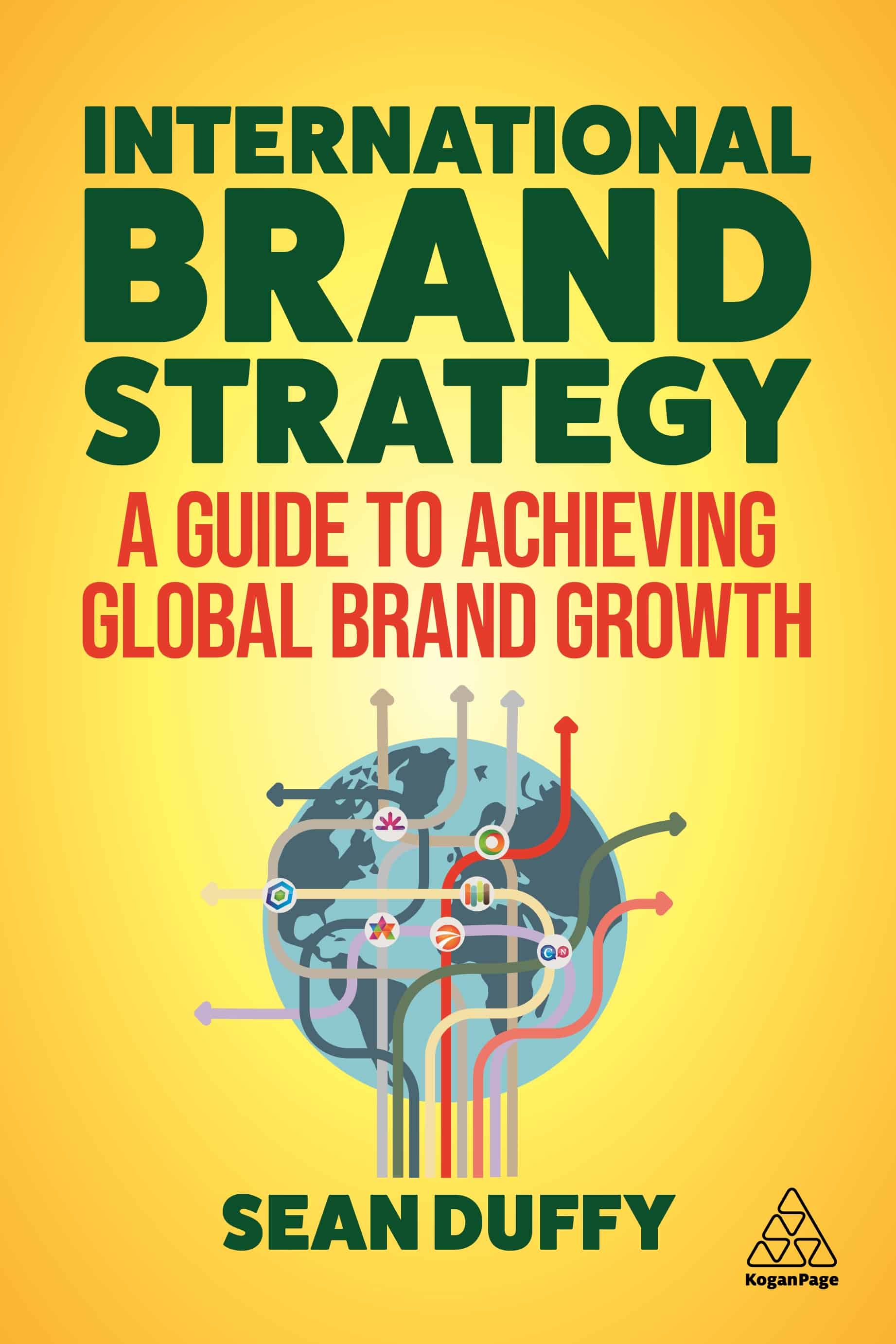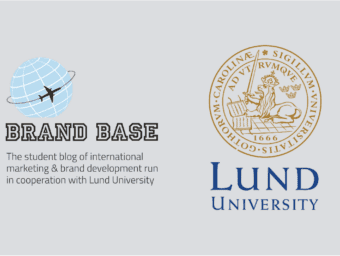Information Overload – When Information consumes our Attention
Insights into the phenomenon of information overload from a user perspective...
15 Nov 2024 8181 Views
Written by Joy Ewert
Marketing techniques contribute undoubtedly to information overload (Eppler & Mengis, 2004). But what about consumers and online users?
We receive a tremendous amount of information everyday ultimately leading to an extremely shortened attention span due to information overload. Our average attention span decreased from 12 seconds by 2000 to 8 seconds. This is very alarming; it is currently less than the 9 second attention of an average goldfish (Maybin, 2017).
Here are some more highlights regarding the information produced online (Bonardi, 2018; Bawden & Robinson, 2009):
- 2.5 quintillion bytes of data are produced every day;
- Almost 2.7 million gigabytes of internet data are used by Americans every minute of every day;
- It would take an average user 200,000 years to read all information produced online;
- Over 103 million spam emails are sent every day;
- 456,000 tweets are sent daily.
Within digital societies, we nowadays experience a massive number and diversity of stimuli from various sources, such as smartphones, computer, and advertising.
We distinguish between two main stimuli when addressing information overload:
- Informational stimuli – The circumstances of countless individuals living in an information-rich era where advanced technologies and media are predominant in individuals’ everyday life;
- Perceptual stimuli – Technology is constantly competing to create ever more catching items to grab our attention.
According to the law of the limits of attention, time is limited, and, thus there is a limit to attention (van Dijk, 2012). Information overload is deeply integrated in our “attention economy” where not only advertising but also online users generate more information than ever (Robson, 2017).
What is Information Overload, anyway?
No single definition can be applied to the phenomenon of information overload. However, it can be understood as the excessive digital spread and diffusion of information where too much information is produced compared to users’ capacity to process information (Van Dijk, 2012). Overwhelming information surplus decreases our attention span to such an extent that we are drowning in information unable to make sense of it (Andersen & Palma, 2012). Thus, people’s ability to process the information effectively is immensely impaired (Gottschalk & Mafael, 2017).
Park and Lee (2007) suggests that for information overload to occur, the nature of the information shared can be:
- debatable;
- risky;
- new;
- excessive;
- complex.
Information Overload, a new Phenomenon?
Overload of information has already been discussed in the 1960s and 1970s. The phenomenon nowadays occurs mainly in the digital environment, compared to a communication context in urban settings back then. The concepts are very much alike. Already in the early 1960s, individuals were exposed to a tremendous number of information and the spread of information has only increased since then (Schmitt, Debbelt & Schneider, 2017). For example, Americans came across 560 advertising messages daily in 1971 and 3000 by 1997. Nowadays, people are exposed to 5000 ads per day (Andersen & Palma, 2012).
Information overload has been accelerated by:
- Changes in communication technology;
- The transition to the digital environment;
- The rise of the Internet in the 1970s;
- The progress of the Word Wide Web in the 1990s and;
- The development of social networking tools of Web 2.0 early 2000s.
New electronic information has gradually replaced print media, creating an enormous amount of information available in a greater variety of formats. Consequently, people experience greater information access in the digital world (Bawden & Robinson, 2009). Ultimately, this leads to consumer confusion as it is difficult to keep up with what is being said and discussed online. Thus, users often struggle to follow the constant information flow (Herbig & Kramer, 1994).
Who is affected by Information Overload?
Perceptions regarding the information surplus vary greatly among people. Older generations generally feel overwhelmed by the massive amount of information available online whereas younger people are more responsive to information overload. Handling an immense amount of information becomes less overwhelming the greater the level of information literacy is. Nevertheless, higher involvement in information multitasking leads to paying less attention to the information consumed (Schmitt, Debbelt & Schneider, 2017).
Who to blame?
More users than ever create web content and share information on different online platforms (Bontcheva, Gorrell & Wessels, 2013). So, yes, we are all to blame for contributing to information overload.
The rise of social media has further added to information overload. Social media platforms have advanced the way people exchange information (Chen, Shih & Lee, 2016). Different purposes motivate users to share and exchange all different kind of information, ranging from entertainment to knowledge exchange. The amount of knowledge users gain from social platforms is enormous; they heavily rely on social updates to seek information. Information overload is, thus, inevitable as the huge number of online friends further share updates creating an even bigger cycle of information (Chen, Shih & Lee, 2016).
Electronic word-of-mouth further has a strong impact on consumers. For example, 78% of Americans online aged 18–64 agree that online reviews help them within their purchase path. However, users encounter a massive amount of online reviews available when considering buying one single product. There are currently 14,000 online reviews available for the “Kindle Paperwhite” challenging the information seeker (Gottschalk & Mafael, 2017).
Advertising is further to blame for consumer information overload because ads are everywhere. The continuous exposure can be overwhelming for consumers resulting in limited process capacity (Herbig & Kramer, 1994). 21st century consumers have the choice to buy or reject a product. However, they cannot hide from the noise created by advertising (Zinkhan, 2005).
Moreover, there is usually a time delay between consumers’ exposure to advertising and the opportunity to buy the advertised brand. Advertising effectiveness greatly relies on consumers’ memory to remember the ad at the point of purchase. Given the short attention span, consumers may not be able to recall the information received by advertising. They are generally able to redeem only a small proportion of the great quantity of information stored in their long-term memory (Nguyen et al. 2018).
Why does Information Overload occur?
Greater access to attention through social media platforms has given us power to contribute to the online world (Muntinga, Moorman & Smit, 2011). The human need to belong and the desire to benefit from social support of others further drives us to engage in online communities (Nadkarni & Hofmann, 2012).
Information overload is further reinforced by lower costs of reaching people and sharing information ultimately increasing the number of messages shared online. Creating content has never been cheaper; print and newspaper advertising have been replaced by email marketing, internet pop-ups and social media marketing. For example, companies encounter $6 cost per thousand impressions for Internet compared to $26 for newspapers to reach their target audience (Anderson & Palma, 2012).
What are the consequences of Information Overload?
Information overload causes cognitive and sensory overload among users. It can cause confusion, cognitive anxiety and psychological stress due to failure to understand and use relevant information (Southwell, 2005; Bawden & Robinson, 2009).
Too much overwhelming information can lead to anxieties about social exclusion and loss of identity; we are surrounded by a massive amount of information about other people, yet we still do not know anything specific about them (Groes, 2015). Already in 1994, Kramer and Herbig claimed that
“information overload causes society to be data rich and information poor”
(Herbig & Kramer, 1994, p.46).
Information overload can further inhibit processing and recognition ability. Evaluating unnecessary information can negatively affect decision making processes leading to unmet expectations due to ignoring information and poor evaluation (Goswami, 2015).
Information overload is shaping people’s thoughts and affects their capacity for concentration constraining them to absorb information altogether. Therefore, users develop coping mechanism to consume as much information in as little time as possible (Carr, 2008).
How to avoid information overload?
Handling information surplus is a personal matter (Cohen, 2017). But if you have suffered from information overload, I recommend the following two coping strategies:
- Applying the theory of “bounded rationality” – Selection is key
Adopting your information seeking behavior to the inevitable truth that you cannot evaluate and base your decision on all options available. You simply have to accept that the information found is good enough even though it may not be the best one available (Agosto, 2002).
- Skimming the content to identify information from disinformation
Filtering information and skimming the content is essential; it helps to identify relevance, validity and reliability of the information received. Ask yourself what kind of information you want to receive, identify keywords and specifically pay attention to boldface and italic type, bulleted and numbered lists (Aro & Olkinuora, 2007).
Food for Thought
We should all feel responsible to reduce the amount of information produced online. It is not only up to marketers to tackle information overload, but we should all think twice if the information that we are producing is relevant, valid and true. We cannot escape the noise of advertising. However, we can increase our self-awareness regarding the information we consume.
See also how to avoid spam filters.
References
Agosto,D.E. (2002) Bounded rationality and satisficing in young people’s web-based decision making, Journal of the American Society of Information Science and Technology, vol.53, no.1, pp. 16-27.
Anderson, S.P. & de Palma, A. (2012). Competition for attention in the Information (overload) Age, Journal of Economics, vol.43, no. 1, pp. 1-25.
Aro, M. & Olkinuora, E. (2007). Riding the information highway—towards a new kind of learning, International Journal of Lifelong Education, vol. 26, no.4, pp. 385-398.
Bawden,D. & Robinson, L. (2009). The dark side of information: overload, anxiety and other paradoxes and pathologies, Journal of Information Science, vol. 35, no.2, pp. 180-191, Available Online: https://journals.sagepub.com/doi/pdf/10.1177/0165551508095781 [Accessed 20 November 2018]
BBC News (2017). Busting the attention span myth. Available Online: https://www.bbc.com/news/health-38896790 [Accessed 22 November 2018]
Botcheva, K., Gorrell, G, & Wessels, B. (2013). Social media and information overload: Survey results [pdf] Available at: https://arxiv.org/pdf/1306.0813.pdf [Accessed 21 November 2018]
Chen,C.C.,Shih,S., & Lee,M. (2016).Who should you follow? Combining learning to rank with social influence for informative friend recommendation, Decision Support Systems,vol. 90,pp.33-45,Available Online: http://resolver.ebscohost.com/openurl?sid=EBSCO%3ainh&genre=article&issn=01679236&isbn=&volume=90&issue=&date=20161001&spage=33&pages=33-45&title=Decision+Support+Systems&atitle=Who+should+you+follow%3f+Combining+learning+to+rank+with+social+influence+for+informative+friend+recommendation&btitle=Decision+Support+Systems&jtitle=Decision+Support+Systems&series=&aulast=Chien+Chin+Chen&id=DOI%3a10.1016%2fj.dss.2016.06.017&site=ftf-live [Accessed 22 November 2018]
Cohen, E. (2017). How to win the fight against information overload, web blog post available at: https://www.workamajig.com/blog/fight-information-overload [Accessed 25 November 2018]
Eppler, M.J. & Mengis, J. (2004). The concept of information overload: A review of literature from organizational science, accounting, marketing, MIS, and related disciplines, The Information Society An International Journal, vol.20, no.5, pp. 325-344
Forbes (2018). Information Overload: Three steps to get your message heard. Available Online: https://www.forbes.com/sites/forbescommunicationscouncil/2018/07/02/information-overload-three-steps-to-get-your-message-heard/#437cb9d81696 [Accessed 22 November 2018]
Goswami, S. (2015). Analysing efefcts of information overload on decision quality in an online environment, Journal of Management Research, vol. 15, no.4, pp. 231-245.
Gottschalk,S.A. & Mafael,A. (2017). Cutting through the online review jungle – Investigating selective eWOM processing, Journal of Interactive Marketing,vol.37, pp.89-104, Available Online:http://resolver.ebscohost.com/openurl?sid=EBSCO%3abth&genre=article&issn=10949968&isbn=&volume=37&issue=&date=20170201&spage=89&pages=89-104&title=Journal+of+Interactive+Marketing+(Elsevier)&atitle=Cutting+Through+the+Online+Review+Jungle+%E2%80%94+Investigating+Selective+eWOM+Processing.&btitle=Journal+of+Interactive+Marketing+(Elsevier)&jtitle=Journal+of+Interactive+Marketing+(Elsevier)&series=&aulast=Gottschalk%2c+Sabrina+A.&id=DOI%3a10.1016%2fj.intmar.2016.06.001&site=ftf-live [Accessed 20 November 2018]
Groes, S. (2015). Information overload in literature, Journal of Textual Practice, vol. 31, no.7, pp. 1481-1508
Herbig, P.A. & Kramer, H. (1994). The effect of information overload on the innovation choice process : Innovation overload, Journal of Consumer Marketing, vol. 11, no.2, pp. 45-54, Available Online: https://www.emeraldinsight.com/doi/pdfplus/10.1108/07363769410058920 [Accessed 20 November 2018]
Muntinga, D.G.,Moorman, M. & Smit, E.G. (2011).Introducing COBRAs: Exploring motivations for brand-related social media use, International Journal of Advertising, vol. 30, no. 1, pp.13-46
Nadkarni, A. & Hofmann, S.G. (2012) Why do people use Facebook?, Personality and Individual Differences, vol. 52, no. 3, pp. 243-249, Available Online: https://ac.els-cdn.com/S0191886911005149/1-s2.0-S0191886911005149-main.pdf?_tid=dfc876fb-bc1c-4eb0-a188-b801ccadfc07&acdnat=1542967830_f78e2091a379be5e34ff3e99a0a1208f [Accessed 20 November 2018]
Nguyen,C., Romaniuk,J.,Faulkner,M.,& Cohen,J. (2018). Does an expanded brand user base of co-branded advertising help ad-memorability?, International Journal of Market Research,vol.60, no.4, pp. 366–379
Park, D. & Lee, J. (2007). eWOM overload and its effect on consumer behavioral intention depending on consumer involvement, Electronic Commerce Research and Applications, [e-journal] vol. 7, no. 4, Available through LUSEM Library website http://www.lusemd.lu.se/library [Accessed 21 November 2018]
Robson,G.J. (2017). The threat of comprehensive overstimulation in modern societies, Ethics and Information Technology, vol.19, no. 1, pp. 69-80.
Schmitt, J.B., Debbelt, C.A. & Schneider, F.M. (2017). Too much information? Predictors of information overload in the context of online news exposure, Journal of Information, Communication & Society, vol. 21, no.8, pp. 1151-1167
Southwell,B.G. (2005). Information Overload? Advertisement Editing and Memory Hindrance, Atlantic Journal of Communication,vol. 13, no.1, pp.26-40
The Atlantic. (2008). Is Google making us stupid? Available Online: https://www.theatlantic.com/magazine/archive/2008/07/is-google-making-us-stupid/306868/ [Accessed 21 November 2018]
van Dijk,J. (2012) The Network Society 3rd edition, London: SAGE Publications.
Zinkhan, G.M. (2005). On paradoxes in advertising, International Journal of Advertising, vol. 24, no.4, pp. 544-546
References Images
Coin5s. (2018). Creating Content for Goldfish, Available Online: https://coin5s.com/content/creating-content-goldfish [Accessed 23 November 2018]
Interaction Design Foundation. (2018). Information Overload, Why it matters and how to combat it, Available Online: https://www.interaction-design.org/literature/article/information-overload-why-it-matters-and-how-to-combat-it [Accessed 23 November 2018]
Life Helathy Living. (2017). 8 tips for avoiding information overload, Available Online: https://www.huffpost.com/entry/how-to-avoid-information-overload_n_5859540ee4b03904470ab9ab [Accessed 28 November 2018]
Social Samosa. (2016). How Social Media is causing Information Overload, Available Online: https://www.socialsamosa.com/2016/08/social-media-information-overload/ [Accessed 23 November 2018]
Like this post? You'll find more marketing insights in my new book: International Brand Strategy: A guide to achieving global brand growth, now available from booksellers globally. Order your copy here.





